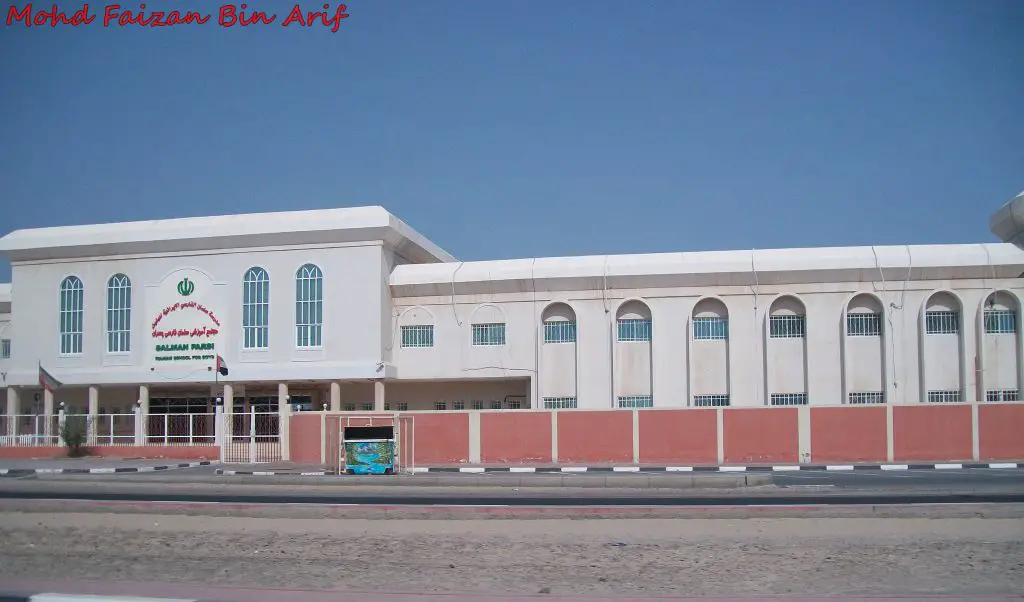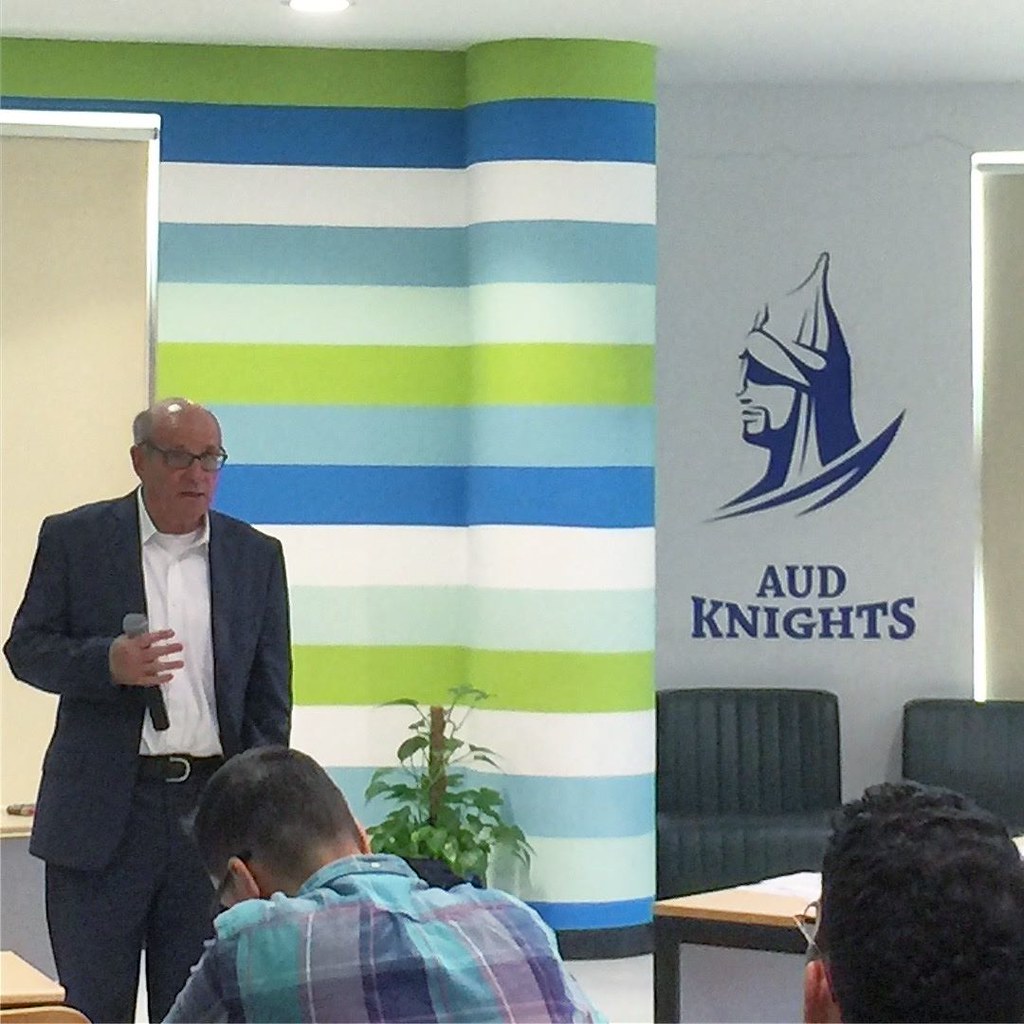The decision to teach abroad is a transformative one, offering a myriad of experiences and challenges. Dubai, with its shimmering skylines and burgeoning educational landscape, has become a magnet for teachers seeking adventure and professional growth.
But, like any significant career move, it’s equally important to understand the nuances of teaching in this international hub.
This guide will walk you through the 10 most significant pros and cons of teaching in Dubai, empowering you to make an informed choice.
The Value of the Teaching Profession in Dubai
Teaching in Dubai is highly regarded as a profession of both respect and opportunity.
Educational roles in this vibrant city can come with competitive salaries, tax-free income, and a slew of other benefits, including housing allowances, health insurance, and flight tickets for home visits.
The government’s considerable investment in education reflects its commitment to quality teaching and learning outcomes.
Teachers in Dubai often come from diverse international backgrounds, adding to the dynamic and multicultural educational setting.
This diversity, along with the city’s innovative approach to learning, places teachers at the forefront of educational development, making their profession not only culturally enriching but also professionally rewarding.
Pros of Teaching in Dubai
Teaching in Dubai is a unique proposition, carrying a mix of professional benefits and personal enrichment. Let’s explore the reasons that educators are drawn to this vibrant city.
1. Lucrative Compensation Packages
One of the most attractive aspects of teaching in Dubai is the competitive salary and benefits.
Generally speaking, international schools and institutions in Dubai offer tax-free incomes, free accommodation, health insurance, and even an annual flight home.
These packages can often exceed teacher remuneration in other countries, providing a buffer for savings or a more luxurious lifestyle.
2. Multicultural Classroom Experience
Teaching in Dubai immerses educators in a multicultural environment. With students from diverse backgrounds, the classroom becomes a microcosm of the world.
This offers a rich ground for cultural exchanges and fostering global citizenship, enhancing the educational experience for both teachers and students.
3. State-of-the-Art Facilities and Resources
Dubai’s commitment to education is evident in its investment in world-class facilities and resources. Teachers have access to cutting-edge technology, modern classrooms, and extensive libraries.
This not only supports innovative teaching methods but also provides an environment conducive to professional development.
4. Professional Networking and Development
Dubai’s growing status as a global education hub has led to a surge in international schools and a dynamic community of educators.
This means that teachers can benefit from extensive professional networking opportunities, as well as workshops and conferences that are frequently hosted in the city.
5. High Standard of Living
The high standard of living in Dubai is a draw for many expatriate teachers. The city offers modern amenities, a safe environment, and a bustling social scene.
https://youtu.be/VbykMqNa62M?si=nr2MijP2AJu5yrOC
Moreover, the expatriate community in Dubai is vibrant, with a variety of clubs and organizations, which can ease the transition and provide a support network for new arrivals.
6. Travel Opportunities
Located at the crossroads of Europe, Asia, and Africa, Dubai is often seen as a gateway for educators seeking to travel.
The city’s central geographical location and excellent air connections allow for easy and often affordable travels to a multitude of exotic and culturally rich destinations.
7. Safe and Secure Environment
Dubai is renowned for its low crime rate, creating a feeling of safety and security that is especially attractive to those moving from abroad.
The strict laws and vigilant law enforcement contribute to the general safety, providing peace of mind for teachers living in the city.
Cons of Teaching in Dubai
Amid the glitz and glamour, there are certain drawbacks to teaching in Dubai that warrant consideration. These cons are part of the reality that educators must navigate in their teaching journey.
1. Cost of Living
While the compensation packages in Dubai are significant, the city’s high cost of living can offset some of those financial benefits.
Housing, in particular, can be a substantial expense, and other items, such as dining out and entertainment, are also relatively costly.
2. Cultural Adjustment
Moving to a new country always involves an adjustment period, and Dubai is no different. The city operates under unique cultural norms and laws that teachers must understand and respect.
From dress codes to social etiquette, adapting to the local culture can be both challenging and rewarding.
3. Hectic Work Environment
The fast pace at which Dubai’s educational sector is growing can lead to a demanding work environment for teachers.
There may be pressure to meet high standards, and administrative processes could be different from what teachers are used to, which may require an adaptation of teaching style.
4. Transient Expat Community
Many expatriates in Dubai are on short-term contracts, which can lead to a transient community.
This turnover can affect the school culture and the longevity of relationships, both inside and outside of the classroom, which some teachers may find frustrating.
5. Legal and Administrative Bureaucracy
Navigating the legal and administrative procedures in Dubai can be complex and time-consuming.
Securing the necessary work permits and visas, as well as understanding the rights and responsibilities that come with living and teaching in Dubai, is a process that requires patience and diligence.
https://www.pastpapersinside.com/what-are-the-types-of-educational-institutes/
Average salary of teachers in Dubai:
When considering the venture of teaching in Dubai, an inquiry that often surfaces pertains to the average salary educators can expect.
While the salary scale fluctuates depending on factors such as educational qualifications, years of experience, and the caliber of the school, it is not uncommon for teachers in international schools to earn between $2,500 to $4,000 USD per month.
The higher end of this range typically includes those with advanced degrees and significant professional experience.
It’s also worth noting that, along with this tax-free salary, numerous other benefits such as housing, health insurance, and annual airfare can substantially augment the overall compensation package.
Conclusion
Teaching in Dubai is an adventure that presents a unique blend of challenges and rewards. For educators looking to elevate their career and experience an international lifestyle, Dubai offers a multifaceted platform.
The city’s burgeoning education sector, coupled with its cultural richness and competitive financial incentives, make it an appealing destination.
However, it’s vital for prospective teachers to weigh these advantages against the practical realities of living and working in a dynamic city like Dubai.
Understanding both the pros and cons is a crucial step in preparing for an enriching teaching experience in the UAE’s most glamorous emirate.



